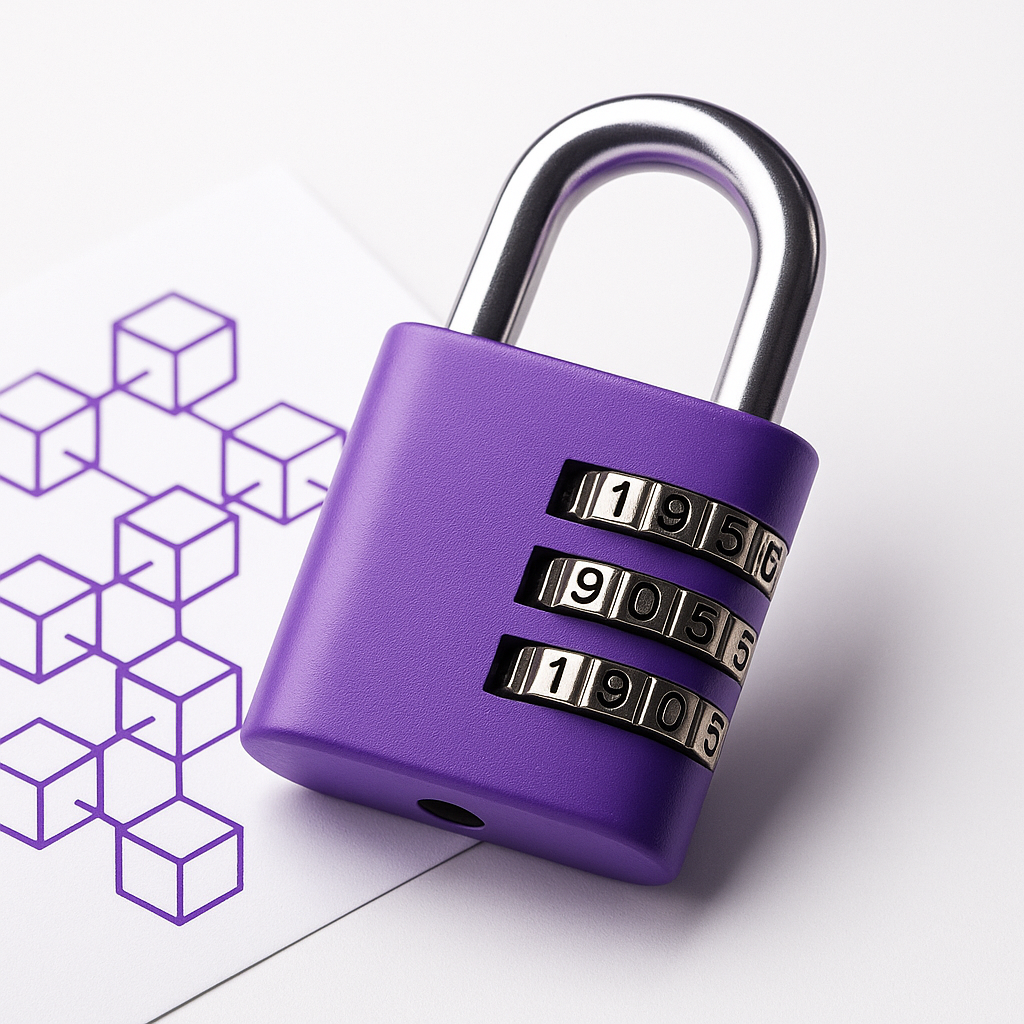How Quantum Safe Blockchain Is Transforming the Future of iGaming
Read Time 3 mins | Written by: Kostia L

As the world moves closer to the era of quantum computing, industries like iGaming are preparing for a major shift. The rise of quantum computers presents a real threat to traditional cryptography used in blockchain systems. This is particularly critical for iGaming platforms that rely on secure, fast, and transparent transactions. That is where quantum safe blockchain protocols come in. These next-generation security approaches are helping protect the iGaming industry from future cyber threats while ensuring ongoing compliance and player trust.
What Are Quantum Safe Algorithms in Blockchain?
Quantum safe algorithms, or post-quantum cryptography, are designed to resist attacks from both classical and quantum computers. Standard cryptographic systems currently used in blockchain, like RSA and ECC (Elliptic Curve Cryptography), can be broken if a quantum computer is powerful enough. Quantum safe algorithms use complex mathematical problems that even quantum computers find extremely hard to solve.
Some notable candidate algorithms being standardized by groups like NIST include lattice-based, hash-based, and multivariate polynomial algorithms. These are being rigorously tested for their security strength, efficiency, and adaptability in real-world environments like blockchain networks.
Why Is Quantum Safety Important for the iGaming Industry?
iGaming platforms rely heavily on blockchain for critical tasks like user authentication, storing game data, managing smart contracts, and processing financial transactions. These processes require a high level of data integrity and privacy. If quantum computers can one day crack existing encryption, all these systems could be compromised.
Implementing quantum safe technologies is especially important to prevent sensitive user data and digital assets from being exposed or stolen. In the competitive world of online gambling, one data breach could ruin a platform's reputation and regulatory standing. Quantum safe blockchain ensures that iGaming stays secure and competitive in the long term.
How Can Quantum Safe Protocols Be Implemented in iGaming Transactions?
Integrating post-quantum cryptography into iGaming platforms involves upgrading many layers of the existing blockchain infrastructure. This starts with replacing conventional digital signatures and cryptographic hash functions with quantum-resistant versions. Developers also need to test these new algorithms within smart contracts and payment gateways to confirm they maintain performance efficiency.
Companies like IBM are already piloting quantum safe blockchain solutions and working with blockchain networks like Hyperledger Fabric to build secure protocols. Successful deployment usually includes the use of hybrid models. In these, both classical and quantum safe algorithms run in parallel, allowing a safer transition period for the ecosystem.
Challenges of Applying Quantum Safe Technologies in iGaming
Despite their benefits, deploying quantum safe blockchain in iGaming is not without challenges. One major hurdle is the increased size and complexity of quantum safe cryptographic keys and signatures. This can lead to slower transaction speeds and higher processing costs, which are considerable concerns in a high-performance industry like iGaming.
Compatibility is another issue. Existing blockchain platforms and protocols need to be updated to support quantum safe algorithms. This requires extensive code changes and coordination among multiple stakeholders, including software providers, casino operators, and regulators.
Regulatory Implications of Quantum Safe Blockchain in iGaming
Governments and financial regulators are starting to pay attention to the risks posed by quantum computing. Regulatory agencies may soon mandate quantum safety standards for financial and gambling platforms. For iGaming companies, staying ahead of these regulations by adopting quantum safe practices early can serve as a competitive advantage.
Integrating quantum resilience also boosts consumer confidence. Players are more likely to trust and engage with platforms that proactively invest in their data security. Regulatory frameworks may incentivize these measures through better licensing conditions and fewer compliance hurdles.
The Road Ahead for Quantum-Proof iGaming
Quantum safe blockchain is not just a theoretical concept. It is quickly becoming a practical requirement for future-proofing digital platforms, especially in high-risk sectors like iGaming. As quantum computing continues to evolve, iGaming platforms that embrace quantum safe protocols will lead the industry in safety, trust, and innovation.
By understanding the importance of post-quantum cryptography and preparing for its integration, iGaming companies can protect their platforms from the cybersecurity threats of tomorrow. It is not just about technology anymore; it is about staying compliant, trustworthy, and ready for the next generation of digital gaming.